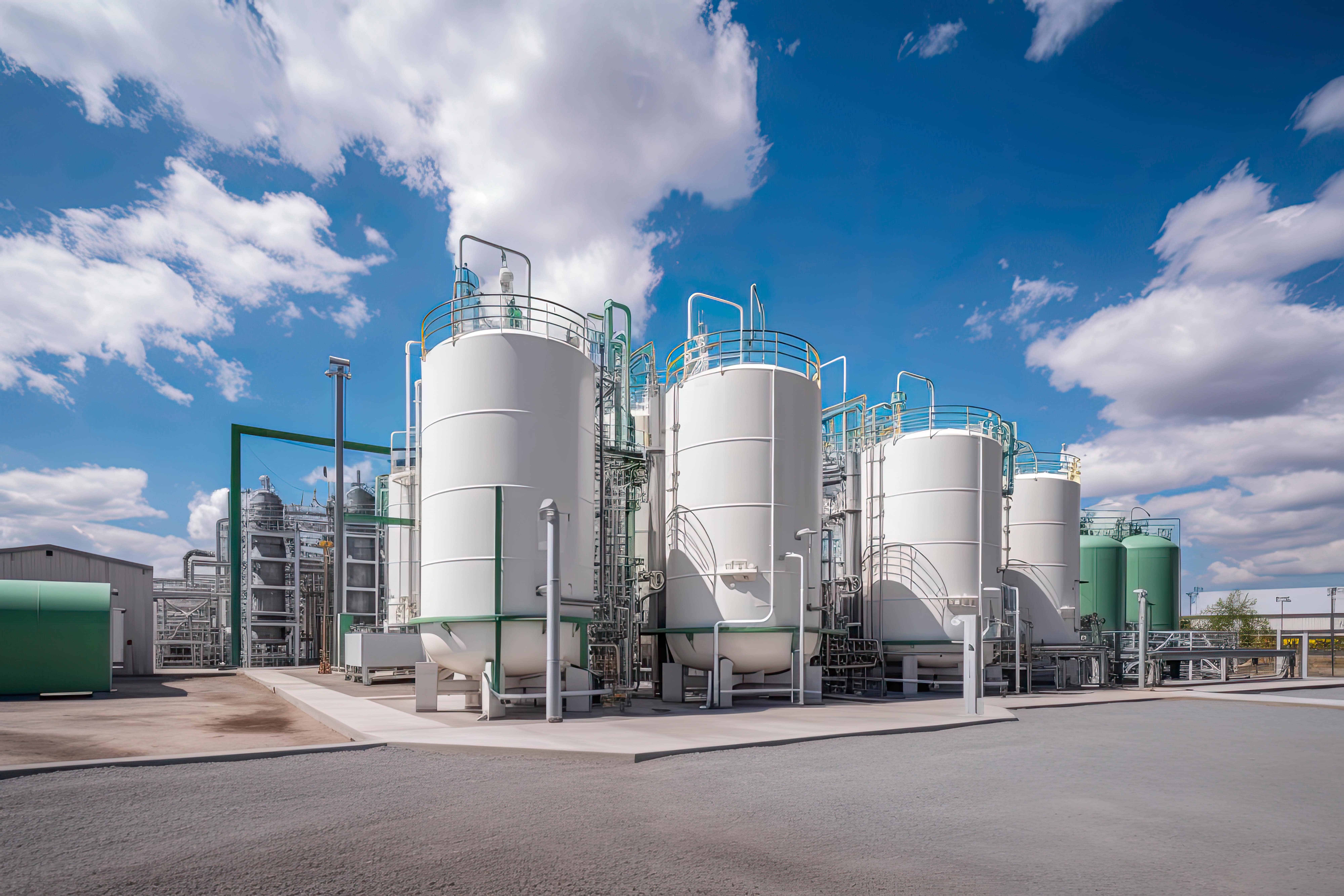- June 22, 2023
- Perspectives
Three Takeaways from World Hydrogen North America 2023


Mike Diorio, PE
Hydrogen Practice Lead

Aaron Gordon, PE
Hydrogen Practice Lead
The World Hydrogen North America 2023 conference gathered experts and stakeholders to discuss trends and forecasts for the global and domestic hydrogen industries. The timing is critical, as federal legislation—including the Infrastructure Investment and Jobs Act and the Inflation Reduction Act—propelled the smallest molecular gas into the limelight. Several key themes emerged from the conference, including:
- Upcoming federal regulations concerning clean hydrogen production tax credits (PTCs) and investment tax credits
- Offtakers’ influence on the hydrogen marketplace
- The pivotal role for hydrogen in energy transition
1. Upcoming hydrogen regulations will have major impacts on the worldwide hydrogen industry.
This summer, the Department of Energy (DOE) and the United States Treasury are expected to provide guidance on hydrogen PTC requirements, addressing multiple outstanding questions, including:
How will book and claim practices be evaluated?
The evaluation of book and claim practices in the context of hydrogen production facilities raises important considerations. One key factor is the potential for strict requirements on renewable energy for hydrogen production facilities could halt many projects before they start. Clean hydrogen in the market may diminish if suppliers align hydrogen production with new stringent renewable energy mandates.
What is the exact definition of a hydrogen production facility?
Hydrogen production facilities must meet specific criteria to qualify for the PTCs. Facility owners are evaluated on the lifecycle carbon dioxide emissions of their qualified clean hydrogen production, which must be less than four kilograms of carbon dioxide equivalent per kilogram of hydrogen produced. Additional PTC multipliers are awarded based on prevailing wage and apprenticeship requirements. A loose definition of a hydrogen production facility could dramatically increase the burden on owners as they plan and construct these complex projects.
When will tax credits be paid?
Hydrogen production facilities are a major investment. Investors and owners need clarity on the schedule and method of tax credit payment to mitigate risk and generate reliable financial models. Many potential developments are waiting on more information before progressing to the final investment decision.
2. The hydrogen economy is limited by hydrogen offtakers—not hydrogen producers.
The hydrogen industry has witnessed remarkable growth, supported by the hydrogen PTC, which has further bolstered the already mature hydrogen production sector. While hydrogen has traditionally served as a feedstock for critical processes like ammonia production and the manufacturing of fertilizers and industrial chemicals, it is now gaining traction as a means to decarbonize challenging sectors.
However, widespread adoption of hydrogen technology faces hurdles. Limited infrastructure and high production costs deter potential offtakers from embracing hydrogen. Investors hesitate to build large-scale production facilities without secure agreements in place. To address these concerns, facility owners must consider offtakers’ needs during facility planning and design, implementing measures such as liquefaction, compression, and filtration tailored to offtaker requirements.
Recognizing the importance of driving hydrogen demand and reducing costs, the federal government is actively exploring solutions. Initiatives like the DOE Regional Clean Hydrogen Hub program aim to stimulate demand and explore cost reduction strategies. Discussions are underway to update safety standards and potentially establish a strategic hydrogen reserve to stabilize prices.
3. Hydrogen will play a critical role in energy transition—and experts are needed to guide it.
Hydrogen may be the only option for multiple industries to achieve zero-carbon emissions.
Large-scale mining and heavy manufacturing have enormous energy and heat demands that electricity cannot meet. Green ammonia and sustainable aviation fuel are both produced using hydrogen, and both offer zero-carbon energy carriers for marine vessels and airplanes. Furthermore, a thriving hydrogen industry will offer more security and resilience for the domestic energy marketplace.
There are inexperienced players entering the hydrogen marketplace constantly.
As a standard practice, many hydrogen equipment manufacturers prefer hydrogen facility owners to communicate directly with consultants and engineers prior to reaching out. This is to ensure the proper equipment and procedures are specified. Hydrogen is a different type of energy carrier than oil or gas and governed by different codes. Owners must rely on experts to navigate this incipient industry and plan their projects.
With the ever-changing landscape of the hydrogen industry, there are a multitude of considerations when planning projects. Where do you see hydrogen as a solution? What is your biggest challenge? We’d love to hear from you.
About the Authors

Mike Diorio, PE
Mike has more than nine years of experience on a broad scope of multidisciplinary projects in the civil engineering and alternative fueling industries. He has extensive experience evaluating site feasibility for hydrogen fueling, vehicle and hydrogen availability, regulatory requirements for hydrogen infrastructure and design, and project funding mechanisms. His technical experience includes site civil engineering, including stormwater management system design, utility design, site planning, grading and drainage, entitlements, and permitting.

Aaron Gordon, PE
Aaron is a professional engineer focusing on the planning and construction of public infrastructure and hydrogen energy projects. He has designed hydrogen storage and fueling facilities all over the United States and has served transit agencies from coast-to-coast. He has experience working with a variety of clients, including local municipalities, utility districts, DOTs, public authorities, transit agencies, large commercial retailers, renewable energy developers, and clean energy start-ups. Aaron specializes in hydrogen fuel-cell vehicle planning, hydrogen fueling layouts, hydrogen system permitting, civil engineering, and structural analysis/design.
